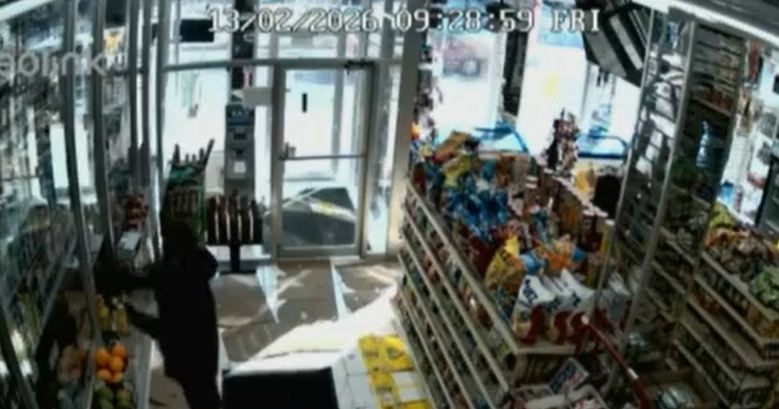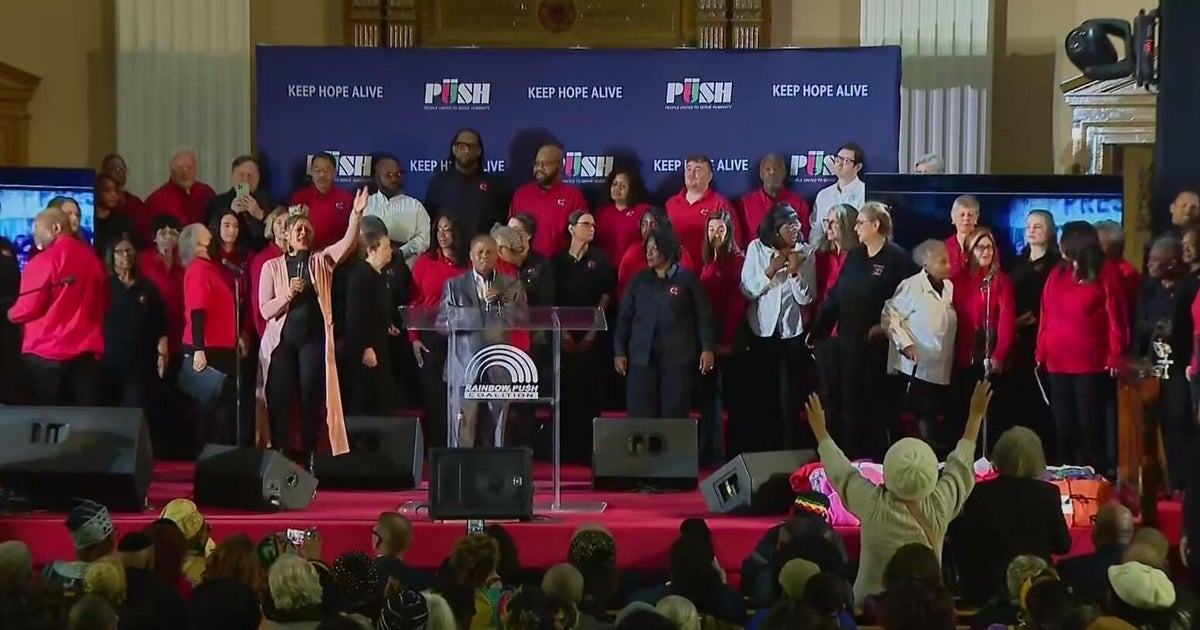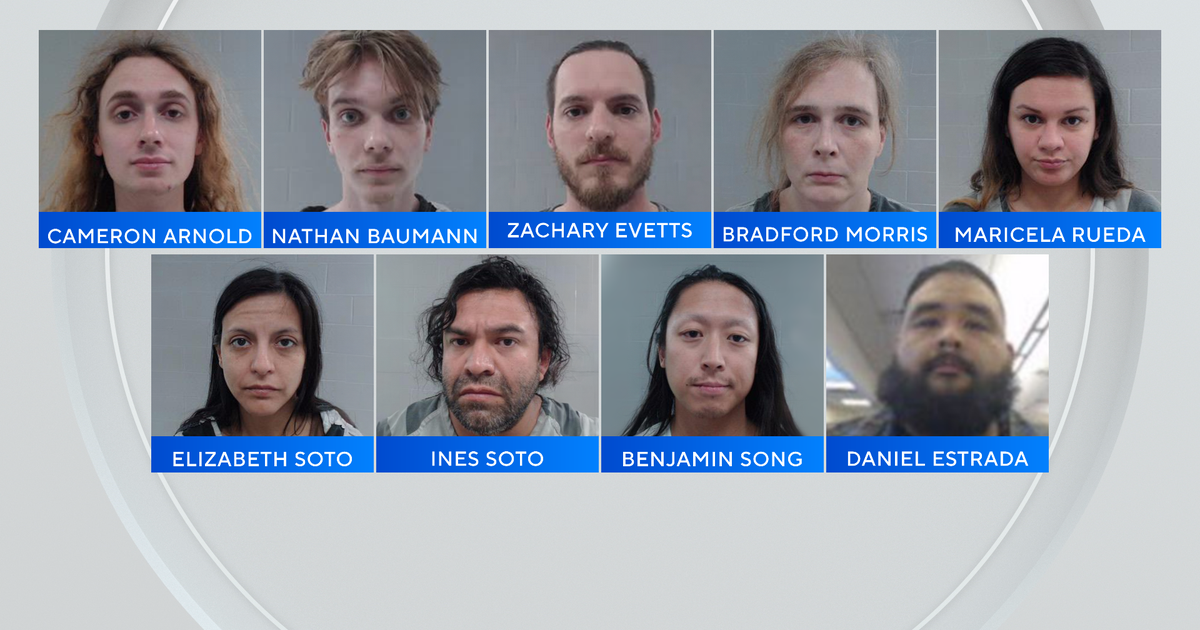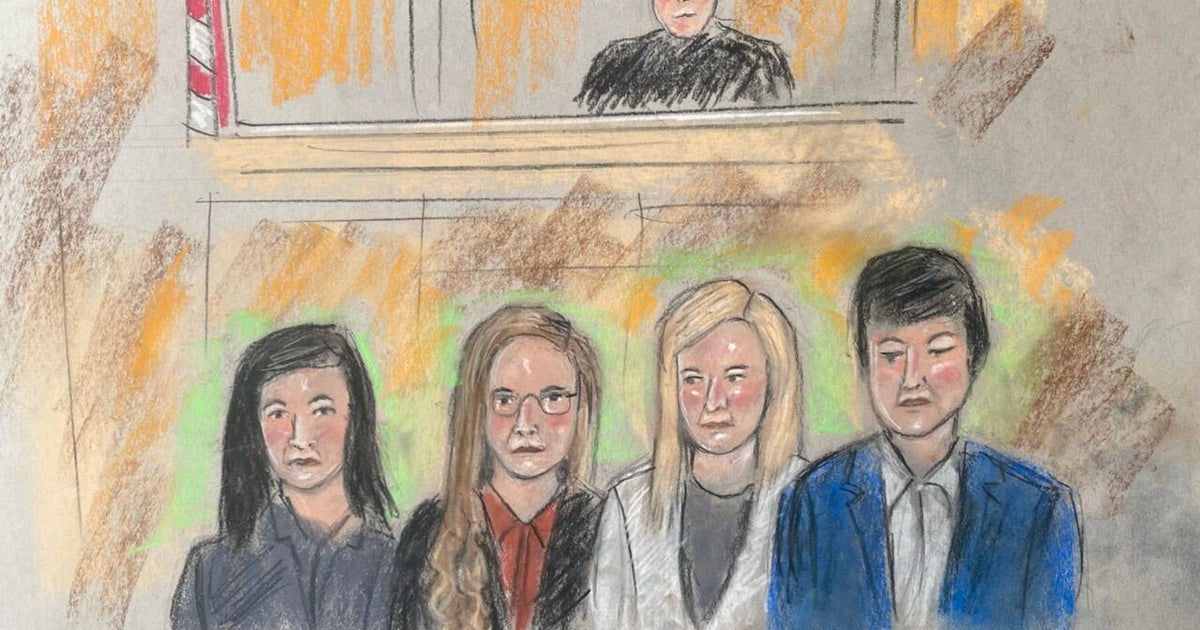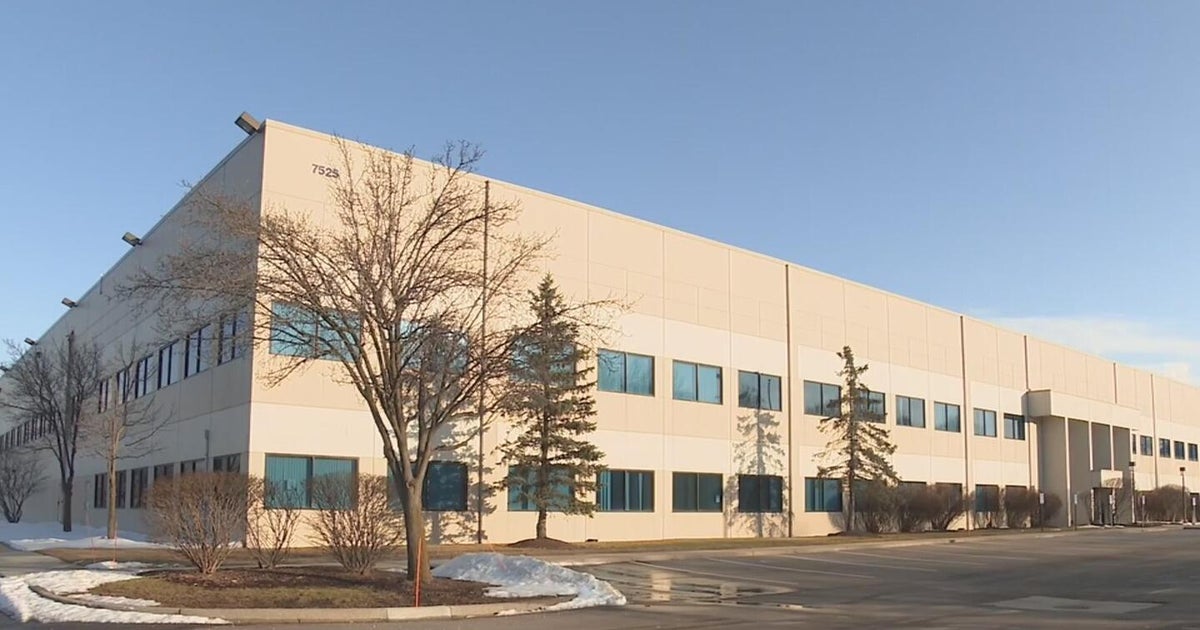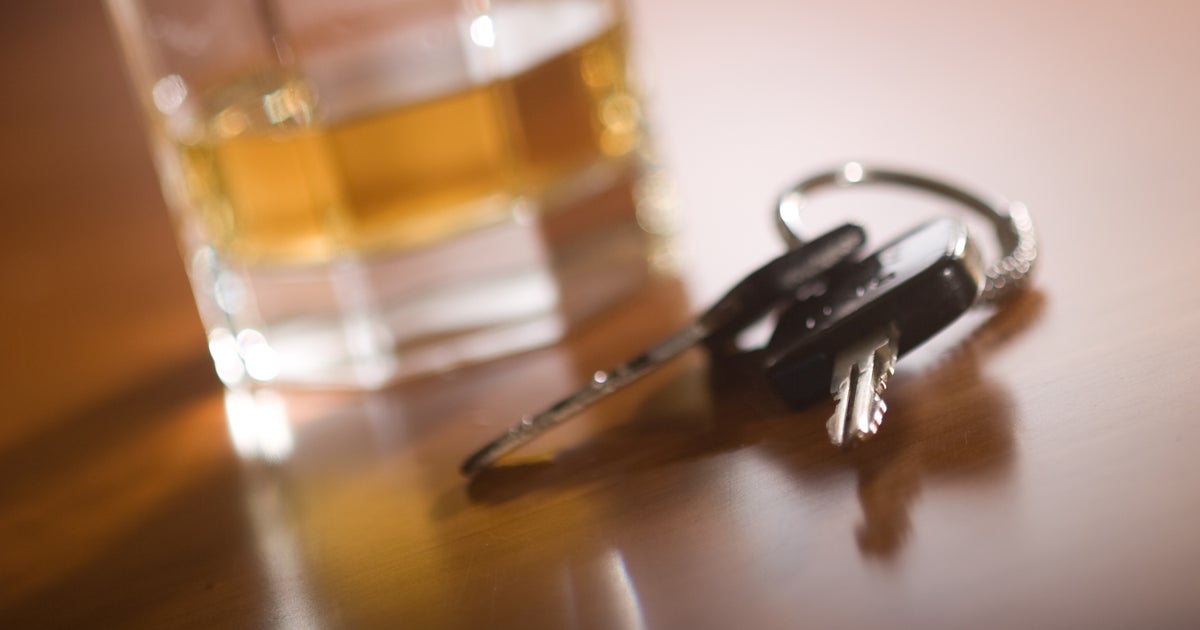Rev. Jesse Jackson Protests Proposed Youth Jail In Baltimore
BALTIMORE (WJZ)--A $70 million state plan to build a juvenile detention center gets some high-profile opposition.
Christie Ileto has more on why the civil rights activist Reverend Jesse Jackson joined the cause.
Rev. Jesse Jackson says it's simple--the plan to build a new jail for youth offenders hurts, more than helps, Baltimore's children.
Invest in youth programs, not jails. That's the message Rev. Jesse Jackson came to Baltimore with.
"We must go another way! Our children cannot be the scapegoat of failed urban policy," Jackson said.
Jackson joined more than 200 activists fighting the state plan to build a new juvenile detention center in East Baltimore.
The $70 million, 120 bed facility would be for youth who are charged as adults and accused of serious crimes.
"For many children, a jail becomes a homeless shelter. It becomes a jail hotel," he said.
Governor Martin O'Malley backs the plan saying the current facility is too old and too small. But youth advocates have since argued money should go to prevention.
"I can't use jail to get a college degree. I can't use jail to get a good job to support a family," said one person.
The governor's office says there are a variety of programs for non-violent youth offenders and have spent $19 million on intensive treatment services in the community--serving 700 families a year--keeping youth in the community.
Jackson says more should be done, arguing that money should be used for job creation and revamping neighborhoods with empty, boarded-up homes.
"We must build houses for their parents, and jobs for their parents," Jackson said. "These children need what children need--employed parents and a place to stay."
For now, debate continues on a controversial facility that is slated to be built on what right now is nothing more than a parking lot near Central Booking.
O'Malley's office says he was happy to meet with Rev. Jackson, as they both share the same goal to reduce youth homicides and make our communities safer.
The governor's office says in the last five years, juvenile homicides and shootings have reached a historic low. And only 6 percent of youths charged under the DJS supervision are detained.
